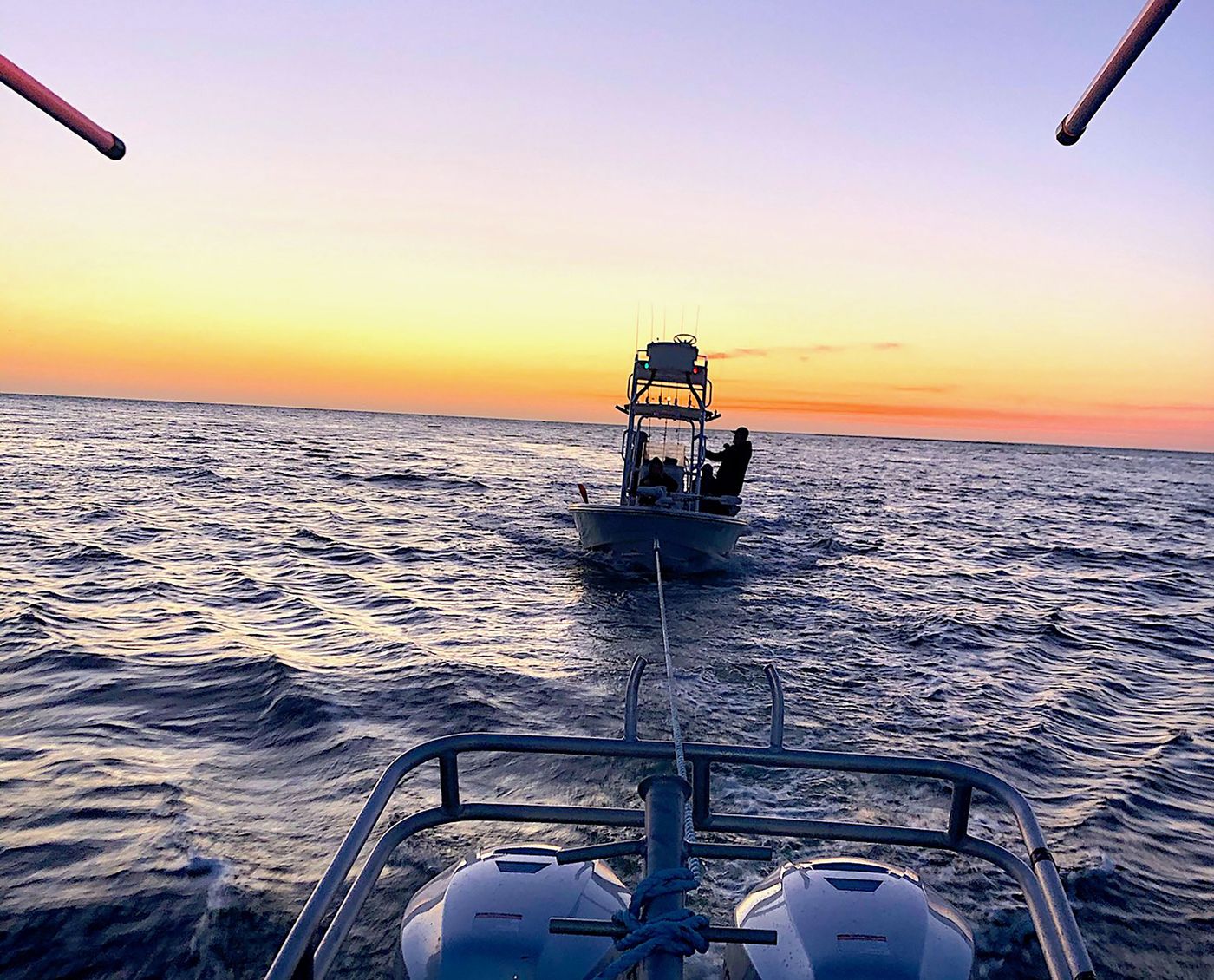Boat towing is an essential part of many maritime activities, whether you're heading to a serene fishing spot or embarking on a thrilling water adventure. However, towing a boat can be quite demanding on fuel consumption, potentially leading to costly expenses and environmental impact. Throughout this blog, Boat Towing Lake Travis will explore valuable tips and techniques to optimize fuel efficiency during boat towing, brought to you by Flagship Towing.
1. Choose the Right Tow Vehicle
Selecting an appropriate tow vehicle is the foundation of efficient fuel consumption during boat towing. Ensure that the vehicle's towing capacity matches the weight of your boat and trailer to prevent unnecessary strain on the engine. Opt for modern vehicles equipped with fuel-efficient technologies that can handle the towing load with ease.
2. Streamline Your Boat and Trailer
Reducing drag is crucial when it comes to maximizing fuel efficiency during boat towing. Make sure your boat and trailer are streamlined and free from any excess equipment or accessories that might create additional resistance. Consider removing non-essential items and keep the boat's hull clean and free from marine growth.
3. Mindful Driving Habits
Adopting mindful driving habits can significantly impact fuel consumption during boat towing. Maintain a consistent speed and avoid abrupt accelerations or sudden stops, as these actions can lead to excessive fuel usage. Utilize cruise control when possible, especially on long stretches of road, to help maintain a steady speed and improve overall fuel efficiency.
4. Proper Tire Maintenance
Properly inflated and well-maintained tires are vital for fuel efficiency during boat towing. Underinflated tires increase rolling resistance, which puts more strain on the engine and burns more fuel. Regularly check the tire pressure and ensure they are in good condition to optimize fuel consumption and extend the life of your tires.
5. Use High-Quality Fuel
Invest in high-quality fuel to improve engine performance and fuel efficiency. Premium fuels often contain additives that clean the engine and reduce carbon deposits, leading to better combustion and lower fuel consumption. Though it might be slightly more expensive, the long-term benefits outweigh the costs.
6. Plan Your Routes Wisely
Plan your routes ahead of time to avoid unnecessary detours or congested areas. Being stuck in traffic or taking long, winding roads can have a significant impact on fuel consumption. Utilize GPS or navigation apps that provide real-time traffic updates to choose the most efficient routes for your journey.
7. Limit Speed and Use Overdrive
While it may be tempting to drive at higher speeds, especially on highways, it can significantly impact fuel efficiency. Maintain a moderate speed, ideally within the recommended speed limits, to reduce fuel consumption during boat towing. Additionally, using overdrive gears on flat terrain can help maintain a more economical RPM range and improve fuel efficiency.
8. Regular Vehicle Maintenance
Routine maintenance of your tow vehicle is essential for optimal fuel efficiency. Replace air filters, spark plugs, and fuel filters regularly, as a well-tuned engine operates more efficiently and consumes less fuel. Follow the manufacturer's recommended maintenance schedule to keep your vehicle running smoothly during towing operations.
Conclusion
Efficient fuel consumption during boat towing is not only cost-effective but also contributes to a cleaner environment. By implementing these tips and techniques provided by Flagship Towing, you can enjoy your maritime adventures while reducing your ecological footprint. Remember to choose the right tow vehicle, practice mindful driving, streamline your boat and trailer, and invest in proper vehicle maintenance to make the most out of your boat towing experiences. Happy towing!

